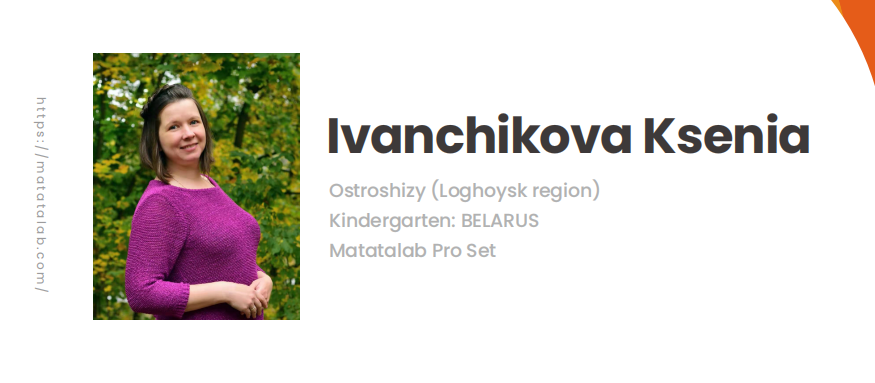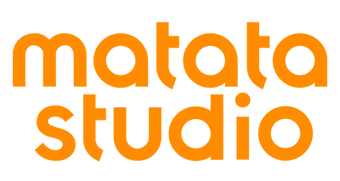How many kids are in a group?
5
How was the Matatalab robot(s) used?
We use 2 MATATALAB PRO SET, 4 participants per subgroup. The age of the students is 4-6 years old. The course was created for an academic year and contains 36 lessons, 60 minutes each, with a frequency of 1 time per week. Each lesson consists of 3 parts: theoretical part, practical part, experimental part, reflection. At the first stage, we cover the topic of the lesson, discuss the children's experience on this topic, looking through additional materials on this topic. In the second stage, children complete practical tasks using flashcards from MATATALAB PRO SET booklets on the topic of the lesson. Before performing the following tasks, children needs some funny physical exercises. In the experimental part, the students apply the knowledge gained in additional tasks proposed by the teacher. At last, students have few minutes for self practice according their desires. In the final part of the lesson, children express their emotions using emoticons, which they independently choose from the basket and attach on a magnetic board under their own name. Next, we discuss the knowledge gained in the lesson and answer the questions that have arisen.
What skills did it develop?
During the training, students learned to work in teams, analyze various situations and quickly find the right solution. Children learned to understand instructions, work according to a plan, began to better navigate in space. Students got acquainted with the basic algorithmic constructions (following, repetition, condition), the conception of ANGLE and the properties of different geometrical figures.
What worked best and what was challenging?
Thanks to the attractive set-appearance of the MATATALAB PRO SET, children were constantly passionate about their studies. Sufficient amount of teaching material attached to the kit. The set provides a lot of opportunities for classes on various topics. It is grate that no needs in computers. It was difficult to put things in order in the box, the arrangement of programming blocks in the box seemed to me not convenient enough, irrational. I had to come up with my own ways of organizing to quickly find block.
How did students respond?
Throughout the course, the children showed great interest in the classes, came up with their own projects and implemented them at the end of each part of the training course.
Share your comments upon the class using Matatalab
I find it a good advantage that it is possible to organize group activities with a large number of children using a small number of sets. And also high quality of the manufacture of the kit. The set will work for a long time. Of course, it’s great that there is no need for computers. Teacher can perfectly combine physical activity, mental and creative work in accordance with the principles of STEAM education. Recommendation: to come up with a more convenient box for storing parts, which could be used in the lesson as an organizer, and not transfer blocks to other containers.
Any others you would like to share
We are planning to launch classes for an older group of children using Scratch. We would like to take part in competitions, as well as organize an exhibition of matata-drawings.



